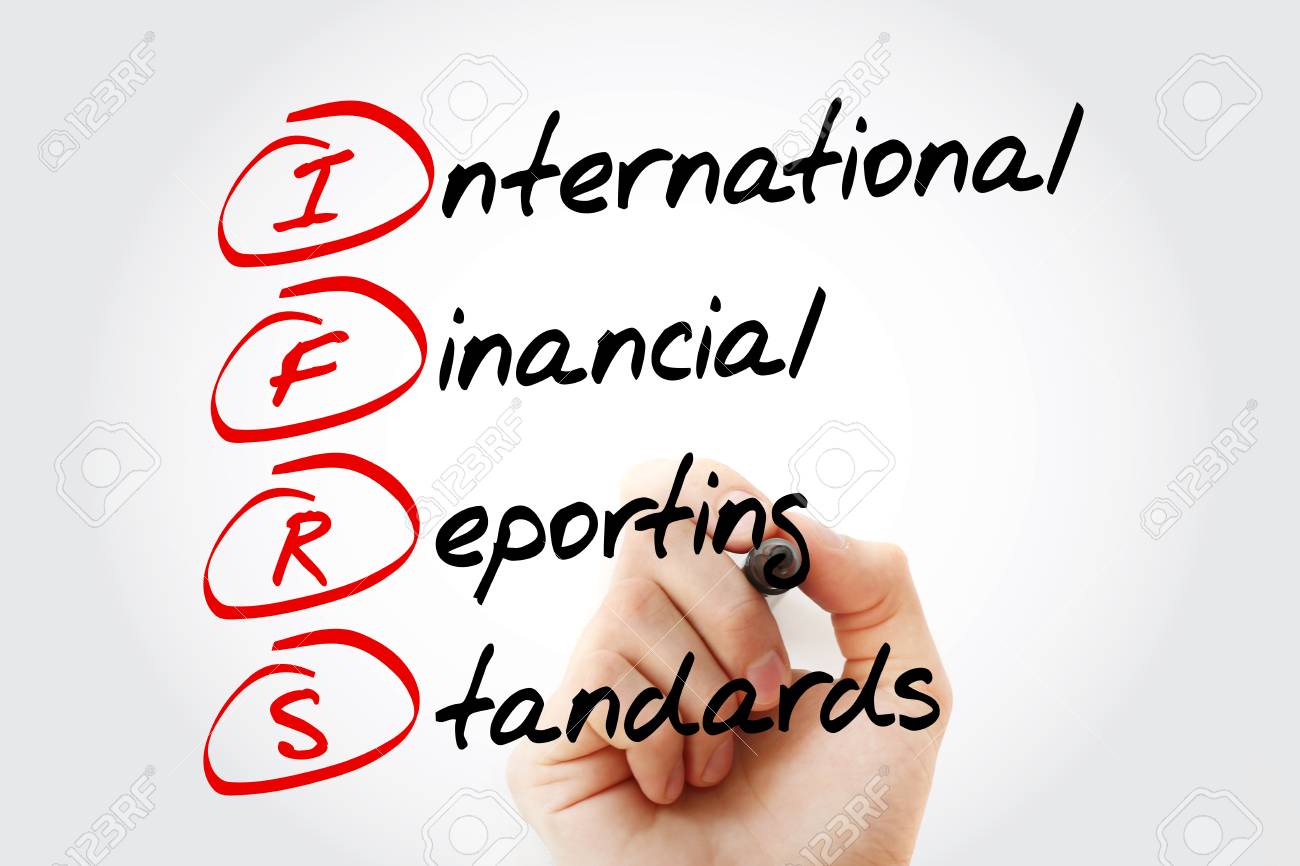By the end of this course, delegates will be able to:
• Learn the terminology and appreciate the financial reporting considerations in IFRS financial statements of oil and gas companies
• Interpret and apply relevant accounting policies and standards (IFRS 6 Exploration for and Evaluation of Mineral Resources, IAS 16 Property, Plant and Equipment, IAS 38 Intangible Assets, IAS 36 Impairment of Assets), including analysis of issues in exploration, drilling, development and production stages
• Apply the key accounting principles in IFRS 15 Revenue, IFRS 16 Leases and IFRS 9 Financial Instruments, including managing financial risks in oil and gas entity
• Review the accounting for joint arrangements, production sharing contracts and conveyances
• Analyse the disclosures in financial statements including those relating to reserve data and supplemental disclosures
• Apply the principles in relation to acquisition accounting and those in relation to definition of control to determine if the investee should be consolidated
• Analyse and interpret IFRS financial statements of oil and gas companies
The course is useful for preparers and users of IFRS financial statements of oil and gas companies, including those seeking a comprehensive understanding of the key IFRS accounting issues in the industry. This includes staff in finance, treasury, operations, internal and external auditors, analysts, senior management and executives. A basic understanding of financial statements under any GAAP is a pre-requisite.
This interactive Training will be highly interactive, with opportunities to advance your opinions and ideas and will include;
• Lectures
• Workshop & Work Presentation
• Case Studies and Practical Exercise
• Videos and General Discussions
Module 1: Introduction
• Overview of oil and gas operations
• Definition of reserves
Module 2: IFRS Fundamentals for Oil and Gas and Accounting Issues in Exploration
• Overview of financial reporting considerations
• IAS 16 Property, plant and equipment and IAS 38 Intangible Assets: Initial recognition and subsequent measurement, depreciation/amortisation methods
• Upstream business: Successful efforts vs Full cost methods, IFRS 6 accounting approach
• Accounting issues in exploration and evaluation: Pre-exploration costs, non-drilling exploration costs, dry holes, impairment of unproved property, reclassifications, suspended wells
Module 3: Development and Production
• Accounting issues in development
• Treatment of borrowing costs: Capitalisation vs Expensing
• Provisions and asset retirement obligations
• Accounting issues in production
• Measurement of inventories
Module 4: Leases
• Objective and scope of IFRS 16
• Lease and non-lease components
• Optional recognition exemptions
• Initial recognition and subsequent measurement by lessee
• Overview of lessor accounting
Module 5: Impairment of Non-Financial Assets
• Indicators of impairment
• Impairment of exploration and evaluation, development and production assets
• Determination of recoverable amount
• Cash generating unit vs individual asset impairment
• Reversals of impairment
• Disclosures
Module 6: Revenue Recognition
• Core principle
• The five-step framework and application guidance
• Application to oil and gas companies
Module 7: Joint Arrangements and Accounting for Conveyances
• Joint operation vs joint venture
• Overview of production sharing contracts
• Accounting for conveyances in oil and gas
Module 8: Reserves Reporting
• Supplementary disclosure requirements
• Management commentary
• Exploration, development and production costs
• Proved oil and gas reserve quantities
• US SEC vs IFRS
• Standardised measure of discounted future net cash flows
• Reserves ratios
Module 9: Financial Instruments and Financial Risk Management
• Overview of financial risks in oil and gas entity
• IAS 21 Effects of changes in foreign exchange rates
• IAS 32 Presentation of Financial Instruments: Financial liability vs Equity
• IFRS 9 Classification and Measurement: Classification of financial assets and financial liabilities, Amortized cost vs Fair value
• Overview of derivatives and hedging
• Hedge accounting: Types of IFRS 9 hedges and accounting
• Designating hedged items and hedging instruments
• Hedge effectiveness testing and rebalancing
• Discontinuation of hedge accounting
• Fair value option: own use
Module 10: Business Combinations and Consolidation
• IFRS 3 Accounting for acquisitions
IFRS 10 Application of the definition of “control” and consolidation accounting principles
CDGA attendance certificate will be issued to all attendees completing minimum of 75% of the total course duration.
| Code | Date | Venue | Fees | Register |
|---|---|---|---|---|
| ACC154-02 | 06-04-2026 | Istanbul | USD 5950 | |
| ACC154-03 | 19-07-2026 | Muscat | USD 5450 | |
| ACC154-04 | 08-11-2026 | Cairo | USD 5450 |

The complexities of accounting for oil and gas companies require an ability to properly interpret and comply with the accounting requirements that are applicable to this industry's unique issues. This ...

There are currently over 165 countries that require or permit the use of IFRS for listed companies. The correct adoption of IFRS promises organisations in all the sectors many benefits including great ...

This course is designed to help users to analyze and report their finances by discussing many topics. Basic concepts of financial planning, goal setting, and maximizing assets as well as the types of ...

This programme provides the skills to build world class standards into your planning, budgeting, performance measurement and reporting system and will discuss new techniques, explain how they compleme ...
.jpg)
International Financial Reporting Standards (IFRS) have been adopted by more than one hundred countries and are the most widely used financial reporting standards in the world. This advanced program l ...

The diminishing differences between generally accepted accounting principles (GAAP), principally established by the Financial Accounting Standards Board (FASB), and international financial reporting s ...
Providing services with a high quality that are satisfying the requirements
Appling the specifications and legalizations to ensure the quality of service.
Best utilization of resources for continually improving the business activities.
CDGA keen to selects highly technical instructors based on professional field experience
Since CDGA was established, it considered a training partner for world class oil & gas institution
3012, Block 3, 30 Euro Business Park, Little Island, Co. Cork, T45 V220, Ireland
Mon to Fri 09:00 AM to 06:00 PM
Contact Us anytime!
Request Info